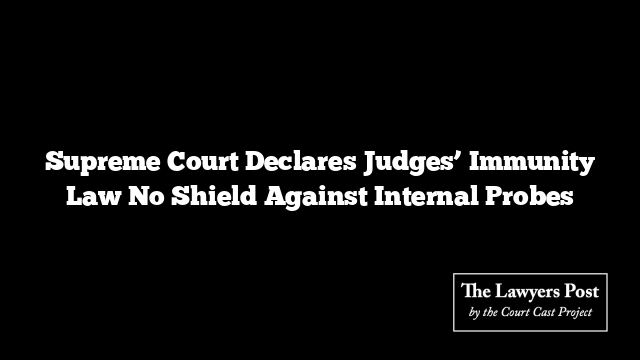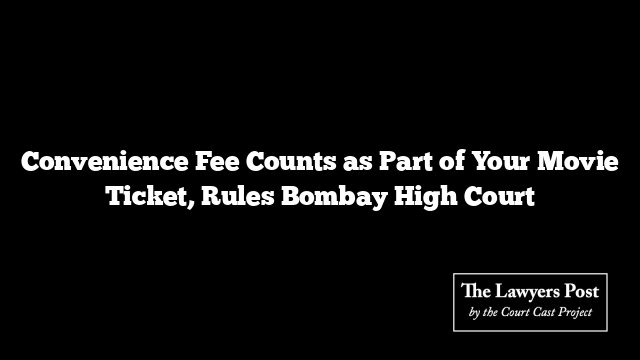In a ruling that peels back the layers of judicial self-discipline, the Supreme Court has made it clear: the Judges (Protection) Act, 1985 does not stand in the way of its own in-house inquiry process against sitting High Court judges.
A Bench of Justices Dipankar Datta and Augustine George Masih took up the case of Justice Yashwant Varma, whose troubles began when unaccounted cash was found in his official residence after a fire. A fact-finding committee later recommended his removal, prompting the Chief Justice of India to send the report — along with Varma’s written defence — to the President and the Prime Minister.
Varma argued that parts of the 1999 in-house procedure were unconstitutional, claiming the Protection Act shielded him. The Court disagreed, saying the law’s Section 3(2) — especially the words “or otherwise” — comfortably covers in-house inquiries as a legitimate form of action against judges.
The judges also pointed out that no earlier ruling had examined this intersection between the statute and the judiciary’s internal disciplinary system. In their view, the in-house procedure carries not just moral weight but legal authority under Article 141 of the Constitution, stemming from the precedent set in C. Ravichandran Iyer v. Justice A.M. Bhattacharjee.
Crucially, the Court pushed back against the idea that the Chief Justice of India plays the role of a mere courier when forwarding such reports. The CJI, it said, can and should offer independent views along with the findings.
The ruling underscored that the in-house process is not a removal mechanism, but a preliminary probe designed to address conduct falling short of “proved misbehaviour” — a gap the Constitution itself leaves open.
On one point, the Court did note that making inquiry evidence public — as happened when photographs and videos were uploaded online — was not part of the prescribed process and “may not be proper.” But since Varma never objected at the time, the lapse brought him no relief.
Finally, the Court remarked on the timing: Varma took part in the inquiry without protest and only challenged it after the report was sent to the highest offices. That delay, the Bench said, was reason enough to shut the door on his petition.




